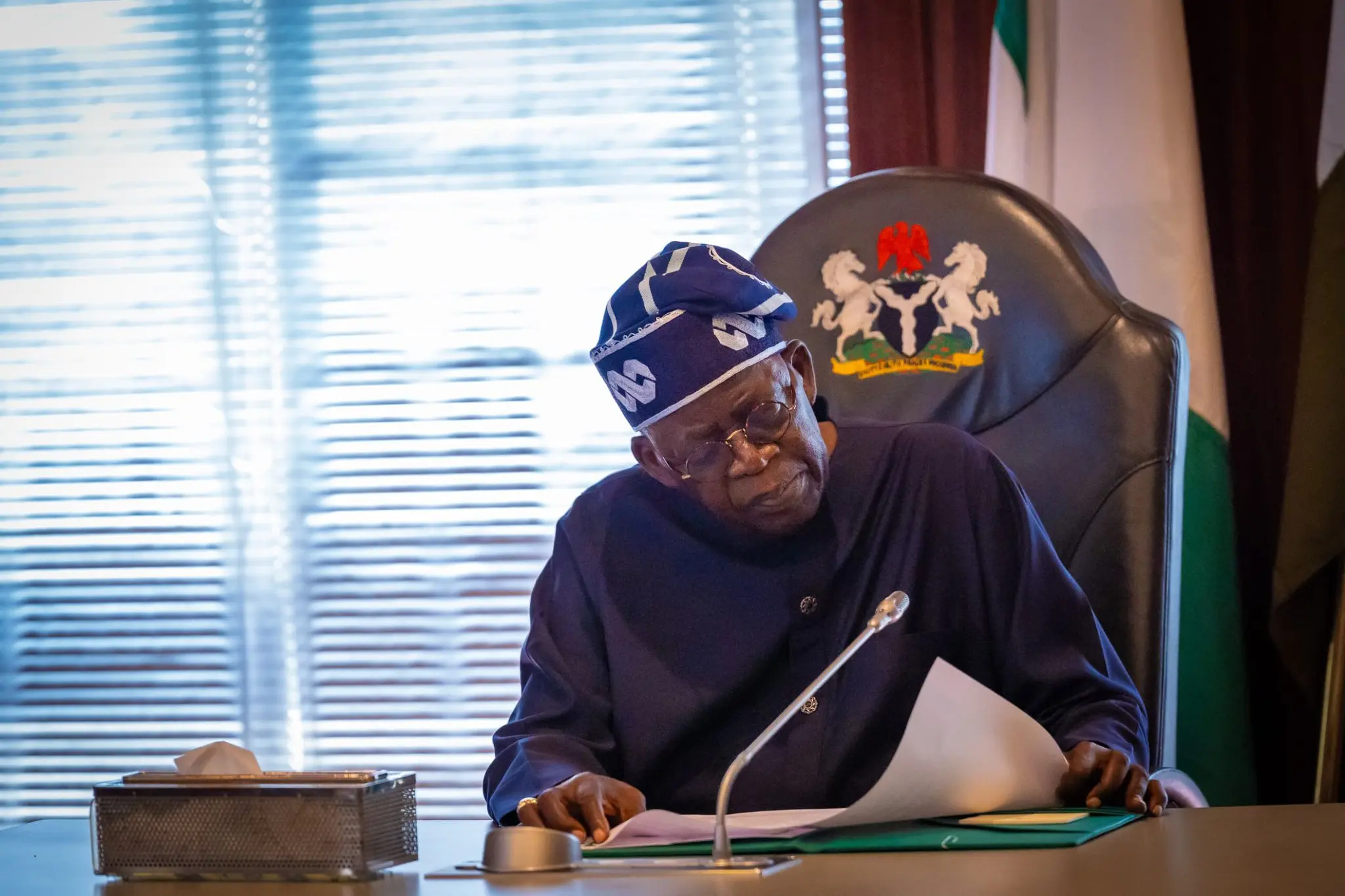The concept of police state refers to countries in which, through the police and secret service, the government curtails the freedom and liberties of civil society organisations, the press, and the opposition. Such countries deploy security operatives to monitor the activities of dissenting voices in the society. They exhibit the characteristics of authoritarian, totalitarian and illiberal regimes. Even when such countries are seen as multiparty democracy, the system would deliberately foist one-party system upon the society through coercion and control of essential freedoms of expression, association, thoughts and the like.
The above tends to describe the atmosphere in Nigeria since President Bola Ahmed Tinubu took over governance on May 29, 2023. In its first six months, 37 journalists, in the course of carrying out their legitimate duties, came under repression, mainly by the police and the Department of State Services (DSS). Most of the time, the security operatives invoked a clumsy section of the Cybercrime Prevention Act (2015), a law that is largely meant to protect the country’s digital assets, rather than restricting journalists from holding those in authority accountable to the people.
Apart from journalists, security operatives have the penchant for intimidating civil society activists through various allegations. For instance, the President of the Nigeria Labour Congress (NLC), Joe Ajaero, was on September 9, 2024 arrested at the Nnamdi Azikiwe International Airport in Abuja en route to the United Kingdom on an official engagement with the Trade Union Congress (TUC) in London. The intimidation occurred a few weeks after operatives of the Nigeria Police invaded and laid siege on the Labour House in Abuja, wielding weapons, in the name of attempting to arrest a terrorist. In explaining its assault on Ajaero, the DSS also said that it invited the NLC leader in the process of investigating terrorism financing.
The DSS bared its fang again at a civil society organisation, the Socio-Economic Rights and Accountability Project (SERAP), in Abuja in circumstances that the secret police described as a strategy for carrying out official enquiries and, therefore, lawful. In the last few years, SERAP has consistently held those in authority accountable by pointing out their unlawful actions or steps, and approaching the court of law to call them to order. An attempt to invade the office of such an organisation is an undisguised attempt to intimidate and frustrate them for carrying out their noble activities. It is unacceptable.
- ASUU condemns dismissal of 120 academics over strike participation
- BUA donates N2bn to Borno flood victims
We wish to draw the attention of President Tinubu to the fact that the Constitution of the Federal Republic of Nigeria, like every other constitution in democratic societies, makes a clear provision for freedom of expression, press, opinion, movement and association. For instance, Section 39 states unambiguously that “Every person shall be entitled to freedom of expression, including freedom to hold opinions and to receive and impact ideas and information without interference.” In Section 40, it states also that “Every person shall be entitled to assemble freely and associate with other persons, and in particular, he/she may form or belong to any political party, trade union or any other association for the protection of his/her interests…”
Section 37 affirms the right to privacy as a fundamental right in the following words: “The privacy of citizens, their homes, correspondence, telephone conversations and telegraphic communications is hereby guaranteed and protected.” It is, therefore, clear that the acts of intimidation and assault of the press and civil society in Nigeria, in order to prevent them from carrying out their duties, are contrary to the Nigerian law.
The president and the National Security Adviser (NSA) must call security operatives to order; they must carry out their tasks in line with the Constitution and other Acts of the National Assembly. It is shameful that journalists and civil society activists who invoke the provisions of the Freedom of Information Act (FoIA) by making legitimate enquiries from government agencies are now intimidated or detained by the police. This is an aberration. It is clear that the FoIA, in its attempt to encourage the exposure of corruption, even provides protection for whistleblowers who expose wrongdoing in government. Today, journalists who seek interviews with government officials or other “powerful persons” that do business with the government are invited for interrogation and detention by the Nigeria Police Force.
There can be no genuine democracy and liberty in an atmosphere of assault and intimidation on the press and civil society organisations. This must stop. The Tinubu government must recognise that a police state does not augur well for unity, harmony and development. The current effort to coerce the media into submission to this government is totally unhealthy for Nigeria’s democracy. The National Assembly must come out clearly and move motions that will curb the excesses of security operatives. The press and civil society organisations are not enemies of the government; rather, they are partners in the project of building a vibrant democracy in Nigeria.

 Join Daily Trust WhatsApp Community For Quick Access To News and Happenings Around You.
Join Daily Trust WhatsApp Community For Quick Access To News and Happenings Around You.


